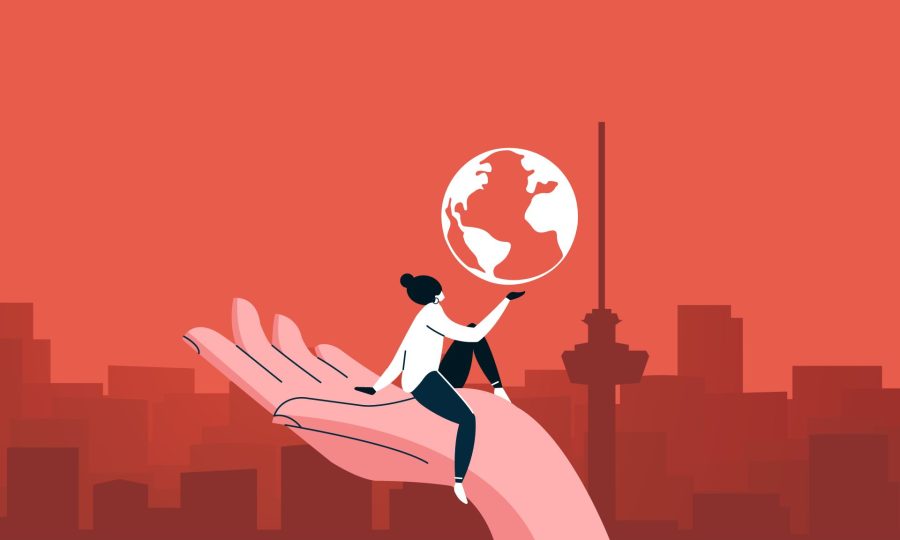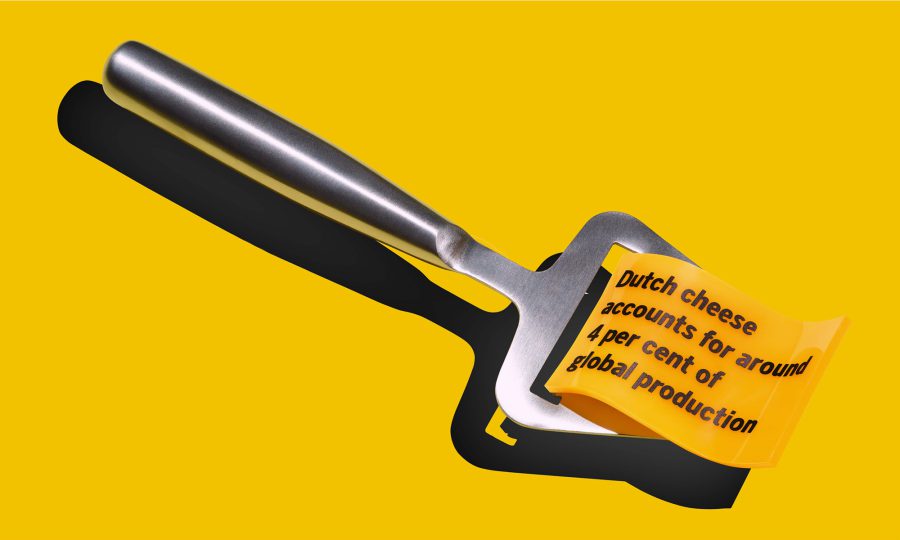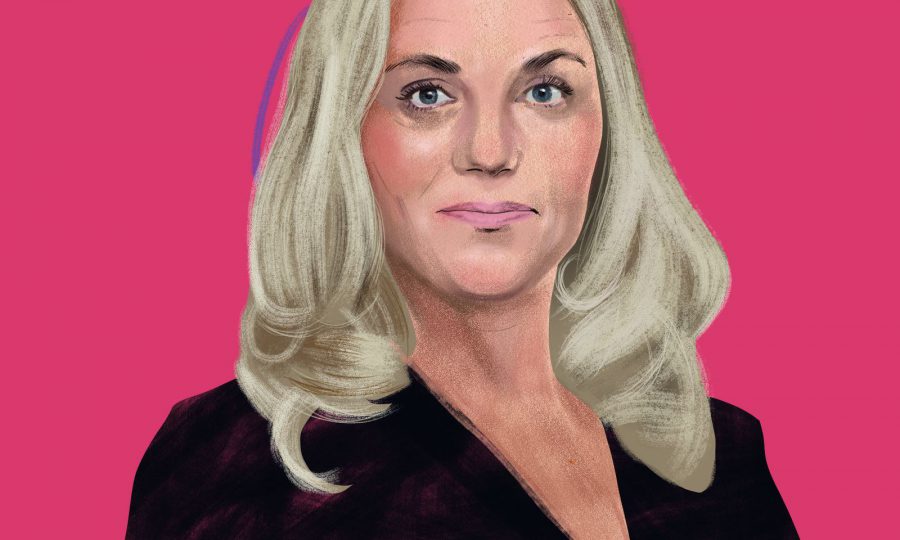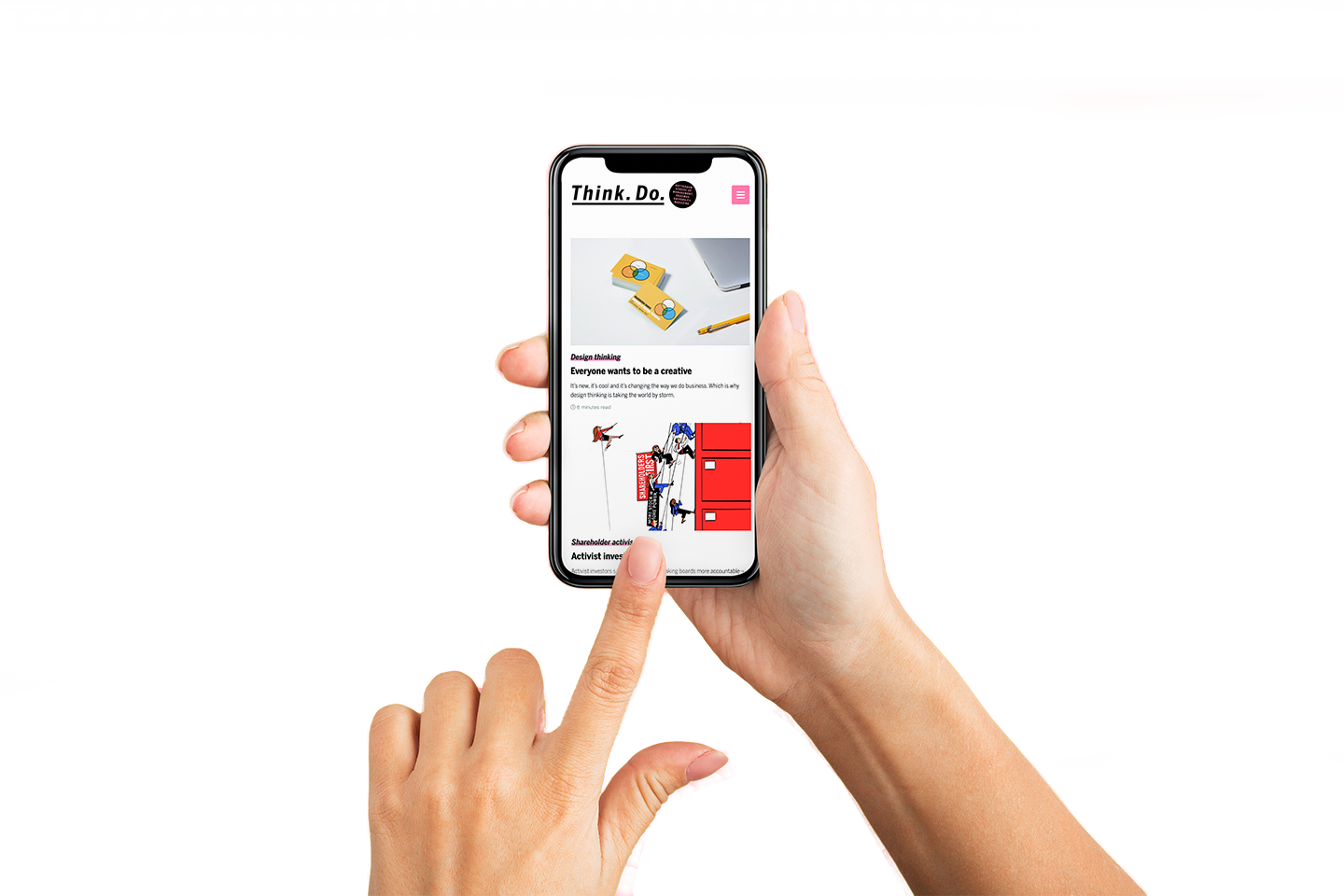The great divide
Inequality kills one person every four seconds. How we deal with it will shape the next decade.
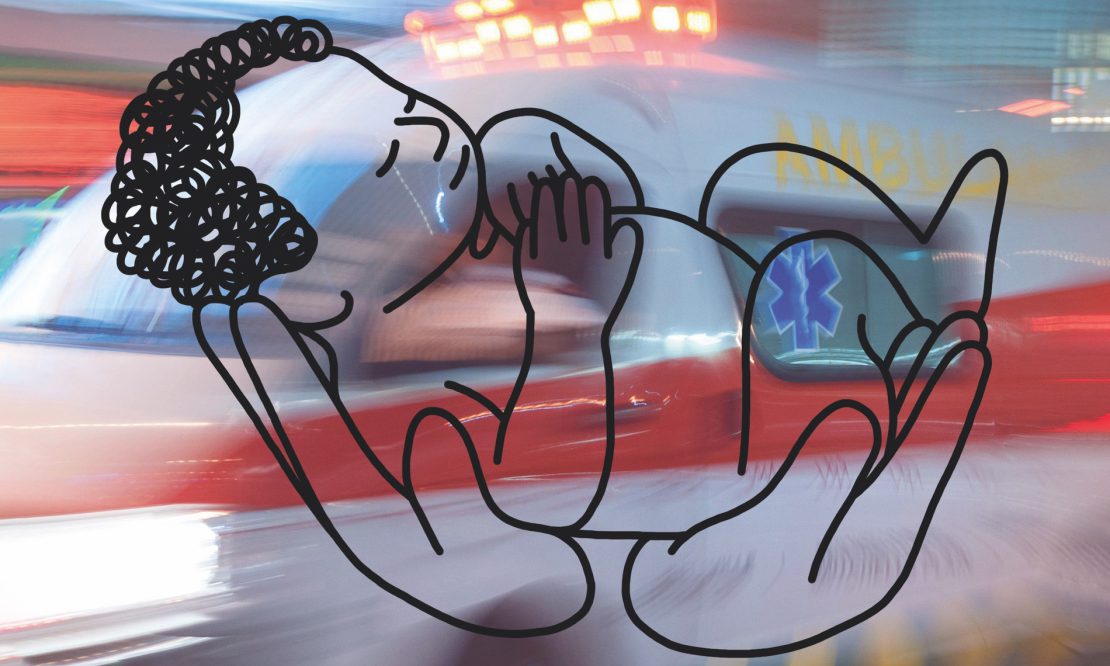
If inequality were a virus, the world would be in perpetual lockdown. Inequality kills around one person
every four seconds, according to Oxfam’s 2022 Inequality Report. Its victims die falling through a multitude of gaps:
lack of access to vaccines, healthcare, housing, sanitation, food and a living wage.
It feels as if we’re going backwards: as the World Inequality Report 2022 points out: “Global inequalities seem to be about as great today as they were at the peak of Western imperialism in the early 20th century.”
And before it kills, inequality blights the life chances of millions, from cradle to the grave, all over the world. In Afghanistan, the infant mortality rate is 106.75 per 1,000 live births; in Slovenia, it is just 1.53. In the US, 3.5 million black women dropped out of the labour force during the pandemic – no longer able to work, it’s suggested, due to health fears and unaffordable childcare. Meanwhile, 745 US billionaires increased their total wealth to almost €6tn – up 70 per cent since the pandemic started. And in the UK, men living in the most deprived areas can expect
52.3 years of healthy life expectancy. In the least deprived areas, they will enjoy 70.7 years.
Where do you start to solve this age-old, multi-faceted problem, with roots so deeply entrenched in every aspect
of our society? The answer from RSM alumni and experts: wherever you can, with whatever tools and expertise you possess. For Maria Carmen Punzi (PhD candidate, Business-Society Management), that means exploring something that 300 million women and girls experience every day: menstruation. “Menstrual health is absolutely under-researched, under-funded and misunderstood by most stakeholder groups that should care about it,” she points out.
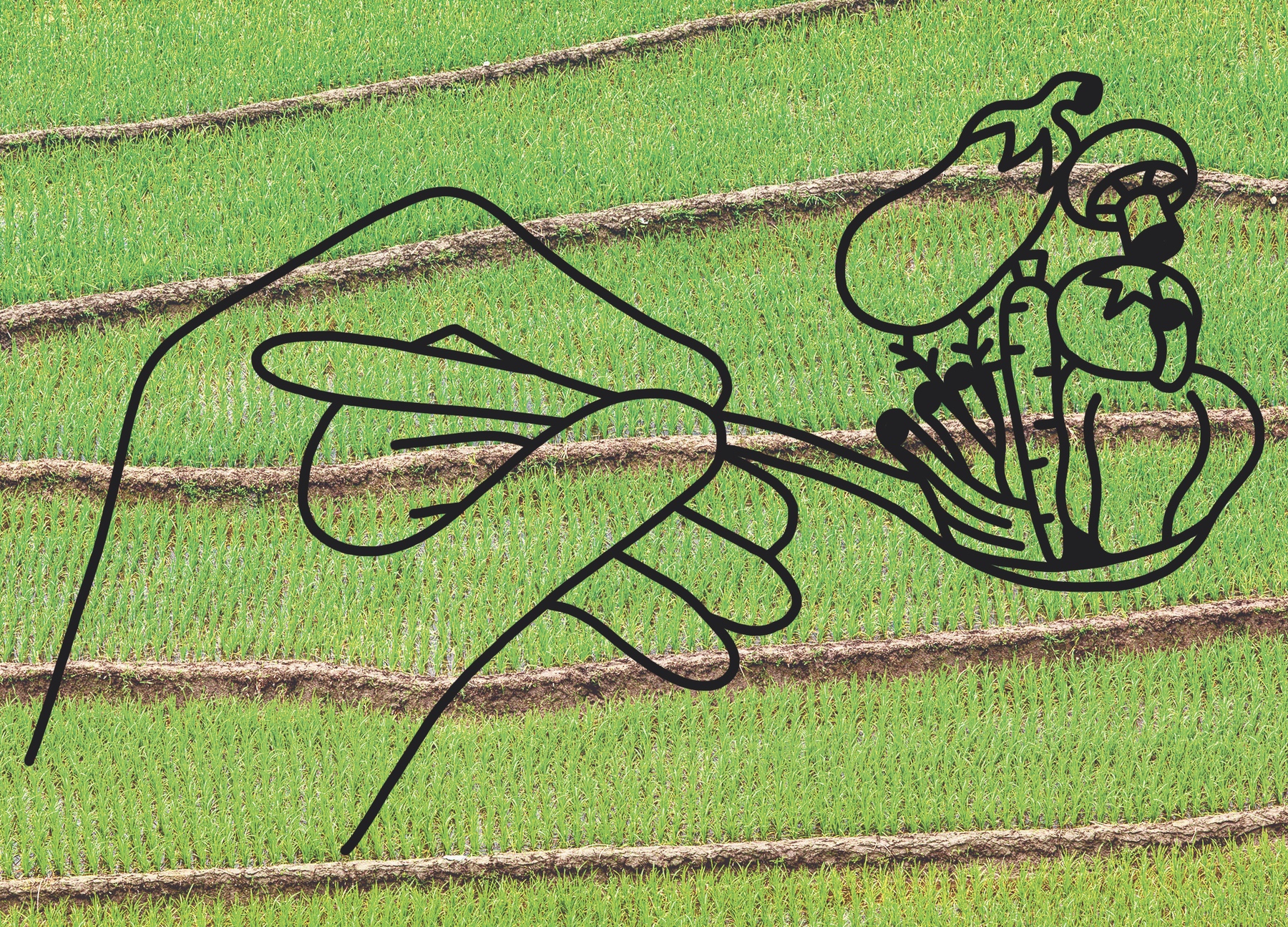
Menstrual inequality affects women all over the world in different ways. In some cultures, the onset of menstruation is an event that signifies that a girl is now potentially a wife, a mother, an object of sexual desire – and nothing else.
Elsewhere, sophisticated healthcare systems offer little understanding of menstrual-related disorders, such as endometriosis, which affects one in ten women globally. The taboos surrounding menstruation are only just starting to be challenged: there is much work still to be done. Punzi explains that while we must ensure women have access to products, education and infrastructure, we must also consider the cyclical nature of bodies. “Governments,
NGOs, universities and companies have to acknowledge that half the population is menstruating and has cycles, and therefore does not work the same way a non-cyclical body would work,” she says.
“It’s a hugely complex area and one that needs much more research.” It’s why Punzi is working on a PhD on social
change and menstrual health, looking at how different actors are trying to change the conversation around menstrual health and bring out more positive norms.
“At the end of the day, though, this is not just a women’s issue: men and women can benefit by taking this seasonal,
cyclical approach.”
René Bakker, Associate Professor of Strategy and Entrepreneurship, believes that entrepreneurship could be a pathway to address inequalities, particularly economic ones. The stereotypical view of entrepreneurs – white,
male, geeky college dropouts who go on to become tech billionaires – doesn’t represent the majority, he points out.
Zuckerberg, Bezos, Gates et al are the outliers.
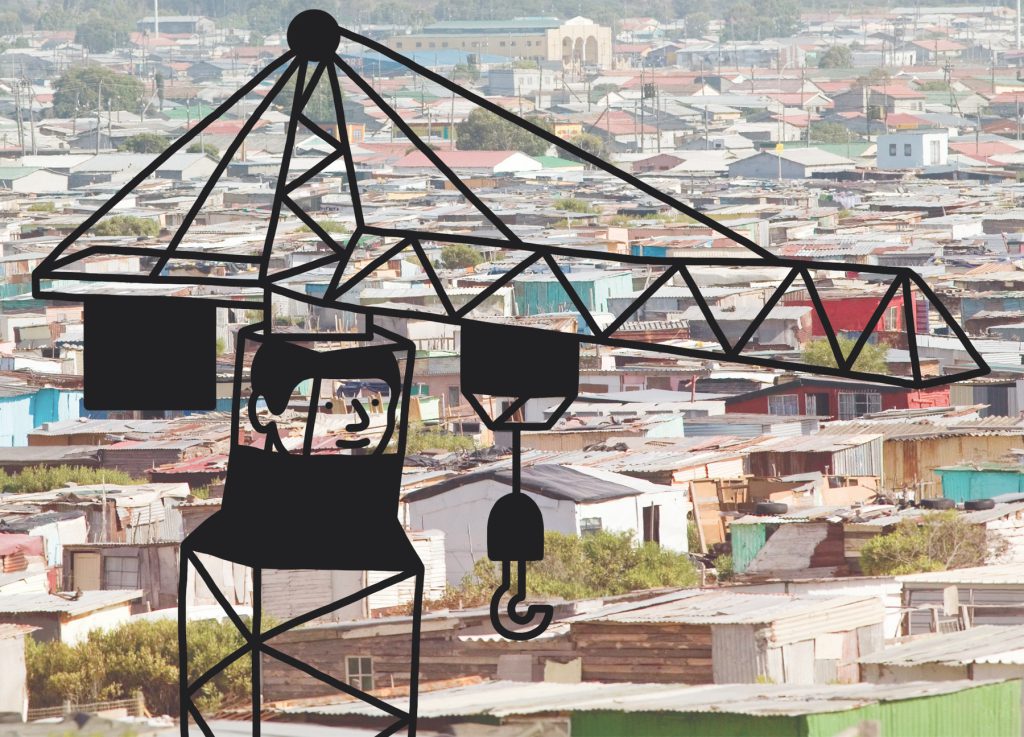
“Inequality is only boosted by entrepreneurship if you only look at economic indicators, and then only in the high-growth ventures. If you take a broader set of outcome measures into account, such as quality of life or happiness, there’s a credible case that entrepreneurship is an equaliser.”
In particular, he argues, it’s an equaliser for non-traditional entrepreneurs. “We know that the rate of entrepreneurship among disabled people, immigrants and refugees is surprisingly high,” he points out. “For example, if you have a disability, starting a business helps you to be socially embedded. That has direct positive consequences for your quality of life.”
But there are several meta-challenges that all marginalised groups must deal with, says Bakker. “One is overcoming stigma to entice stakeholders. You can never do it on your own: you will always need customers, but often entrepreneurs rely on investors as well, and you must convince them of your narrative and get them on board. Some of the obstacles – specifically for people with disabilities – are systemic. To get occupational insurance is hard, for example, because insurance companies’ algorithms and systems are not set up to take people with disabilities into account.”
If you want to make the world more inclusive through entrepreneurship, you must make entrepreneurship more inclusive. And to do that, says Bakker, you must address the problems in the ecosystem. The Netherlands’ Ministry for Economic Affairs and Climate has started a knowledge platform (with support from the RSM Impact Fund), Inclusive Entrepreneurship, where people from different parts of the ecosystem – universities, banks, government – come together to find ways of moving forward. Bakker’s own inclusive entrepreneurship research is focused on how non-traditional entrepreneurs can build legitimacy and overcome stigma. It is about to launch entrepreneurship classes for entrepreneurs with ADHD, particularly tailored to their needs.
Putukwane Madisha (MBA, 2016) is putting his business expertise to use on inequality’s frontline. He’s the CEO of Housing Investment Partners (HIP), a South African business that offers housing loans to the country’s ‘missing middle’ – people who don’t qualify for social housing and grants but still don’t earn enough to take part in the formal financial system. “These are the people who prop up our society,” he points out. “Around 60 per cent are teachers, policemen and nurses.”
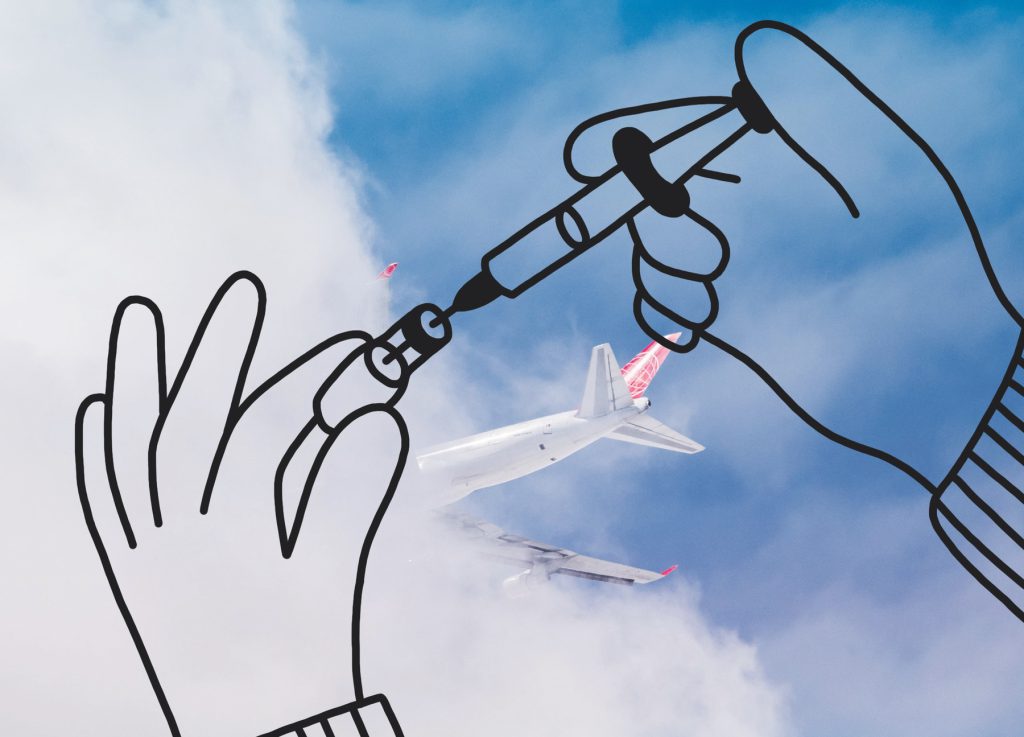
South Africa’s housing inequalities are complex and difficult to resolve, with many problems going back to the days of apartheid, when services and infrastructure were designed purely for the white 10 per cent of the population. In the 60s and 70s, apartheid policies forced millions to live far from the country’s economic hubs, and that effect is still being felt today. A recent study from HIP found that the average working individual living in a township spends 30 per cent of their income on transport, with little left for housing, food or savings. Urbanisation is now exploding: around two million more urban homes are needed.
Madisha has a CV including positions at Deloitte and energy company Sasol, but has been involved in community and social development work since his schooldays. He made the move to socially responsible companies because, he says, of his own bottom line: “I wasn’t doing anything to make the world a better place.” His work at HIP is now starting to show real results.
“In 2013, the private sector thought that lower income earners were just not bankable and would not pay their debts,” he says. “We have shown that we can issue home loans profitably. The banks have realised there is huge potential here. Now, the major big four banks have an affordable housing division. We see people who earn 15-20,000 ZAR (around 1,000 Euro) a month who can get a loan, whereas before it had to be double that.”
The government, he says, is starting to see that public-private partnerships can work. “It’s better to put one rand into a public-private partnership and get one rand back than to get zero back in a purely publicly funded project. If you get it back, you can lend it out again and make a significant difference in society.” He wants to see further action, including a requirement for developers to devote a certain percentage of new buildings to social purposes, such as daycare facilities for low-income workers.
Inequality has no single cause, and it has no single solution – and that means that it’s everyone’s business. “We’re inviting everyone to come and join the movement,” says Bakker. “We know, in particular, that role models can be incredibly powerful.” Punzi says she believes interdisciplinary thinking is the way forward. “Here I am, from a business school, talking to entrepreneurs, scholars and lawyers, bringing science and data-informed guidelines to institutions. I’m motivated by seeing the concrete, positive changes that taking menstrual inequality seriously can have on girls and women, from Ethiopia to the Netherlands.”
And for those considering taking up the challenge, Madisha advises leaving all your preconceptions at the door. “Come in with a blank slate. Ask as many questions as you can of the communities you are trying to help. Ask them what is best for them: have that inquisitive mindset. You won’t solve problems of inequality by thinking you know everything – so meet people on an equal footing.”
Find out more about the support offered by the
RSM Impact Fund
And Rene Bakker is eager to hear from RSM alumni across the globe who are interested in becoming involved in the
Inclusive Entrepreneurship movement.
